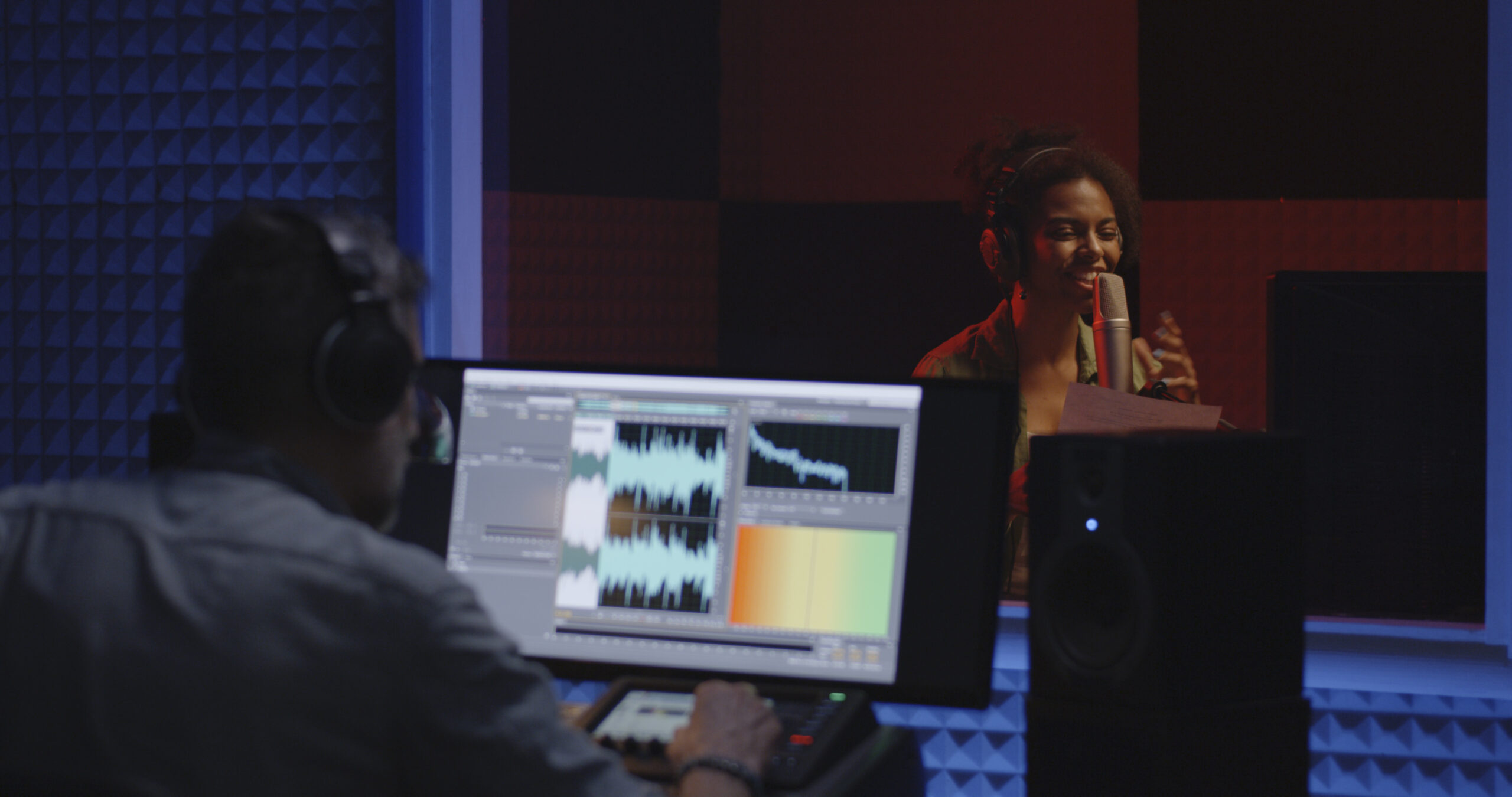Essential tips for working as an actor in soap opera
Soap opera is the musical theatre of television. This is what people often heard me saying to the classes and young actors I mentored during my almost 10-year stint on Neighbours. When it comes to acting – whether it’s in a soap opera, film, television or even stage – I believe the difference is slight.
Working on a soap opera requires all your skills as an actor, and then some. Because of the pace and relentlessness of the output – often 40-46 weeks a year if you’re a regular cast member – acting for soap requires a different energy. Not only physical, but mental and emotional, as well.
Here’s what you need to know about acting in soaps:
You are the guardian of your character
Apart from learning ‘new-ish’ lines (ironic as the lines can be very similar) every week, you need to be across your character’s arc, which can span at least 10 episodes at the same time. Neighbours was shot in blocks of five episodes each. We always shot two blocks at a time – one on location and one in studio. I’d imagine UK soap schedules are similar.
Because of the pace and mammoth output required by the broadcasters, scripts are often released to cast and crew as ‘final’ after the second or third draft. Therefore, you, as an actor, need to be the guardian of your own character. With so many different writers, script editors and directors, you’re the only person who spends all day with your character – so you’re best placed to safeguard the character’s consistency and storyline.
Every actor has a different method of dealing with this. I kept a character journal for the nine years and nine months I played ‘Sheila Canning’. It listed every scene and location, and a short slug line saying where Sheila was in her story, who she was with, and often, why or how.
I would then transfer that to the top of each page of the script I was currently working on. This was my homework every weekend so that I could stay across Sheila’s character arc and not be caught out when the shooting schedule changed – often due to cast members falling ill, or a location getting behind timewise.
Create your own subtext
For me, the main difference between soap operas and other works like dramas or sitcoms is that in soap opera, the story is king. Every scene and every character are there to serve the story. That is why the writers’ room on a soap opera is called ‘the story room.’
This is not a criticism – it’s just a fact. Therefore, more personal vigilance is required from an actor to maintain the truth in the relationships between their character and others, as they most often will be secondary to the story. The long-suffering writers may dispute this, but this is my opinion.
Because of the dependence on story above all else, the scripts often lack sub-text, and it’s up to the actor and their scene partners to discuss this with the director of the block and find something that works for them all. I loved this part of the time I worked on the show, as most directors were very open to this way of working. It’s important to ask to have discussions offset a week or so before you shoot the scene, as there’s no time for such conversations on the day.
Filming Structure
Line running almost always happens in the greenroom, as line runs on set are seen as time-wasting by most directors. And really the only way to learn lines is repetition, repetition, repetition.
A blocking rehearsal happens on camera – followed by small adjustments, the master shot, then coverage in mid-shot and close-up, and the occasional insert, but only if required for story. Then, on you go to the next scene. It’s fast and furious.
Vocal energy is key
Vocal energy and staying on your breath are so important. Naturalism or realism are fine as a style, but only when performed with a lifelike energy.
Generally, soap opera stories are larger than life – with constantly changing alliances, relationships and marriages. Just look at dear, iconic ‘Brooke’ and ‘Ridge’ in The Bold and the Beautiful. Be aware that these extreme storylines would never work with low vocal energy and/or a lack of emotional strength.
Keep yourself fit and healthy
On Neighbours, we had safety officers and a few stuntmen for car accidents and chases, etc., but otherwise we did all our own stunts – there was almost no budget for special effects or CGI. It’s so important to stay physically fit and healthy, as well as flexible, no matter your age. I did yoga every day and tried to walk at least 10,000 steps a day. Others went to the gym on their breaks or ran on a treadmill to keep fit.
Overall, soaps are a great learning environment, but I wouldn’t do it forever. Once you’ve learned all you need to know – technically and within your skillset as an actor – I think it’s important to move on. I’ve found long stints can make you lazy and develop bad habits. But it prepares you for everything you may face in your career, the pace, the enormous workload and the preparation required, and it taught me so much about scene structure and how to fix problems as they arise.
Just as all actors need to do their time on stage, a stint in a soap opera is one of the best things an emerging actor can do to improve their skills.
If you’re looking for a role in a soap opera, join Spotlight to find auditions in the UK for soaps. Also, take a look at our News & Advice section for more acting advice.
 Colette Mann is an Australian actor known for playing Doreen Anderson Burns in Prisoner (or PCBH as it was known in the UK). She spent ten years playing Sheila Canning in Neighbours and is now living and working in the UK. Her work encompasses musical theatre, plays, film and television, as both actor and presenter. She has worked on radio and written two books.
Colette Mann is an Australian actor known for playing Doreen Anderson Burns in Prisoner (or PCBH as it was known in the UK). She spent ten years playing Sheila Canning in Neighbours and is now living and working in the UK. Her work encompasses musical theatre, plays, film and television, as both actor and presenter. She has worked on radio and written two books.
Headshot credit: Jane Zhang
Image credit: Vanilla Bear Films / Unsplash












